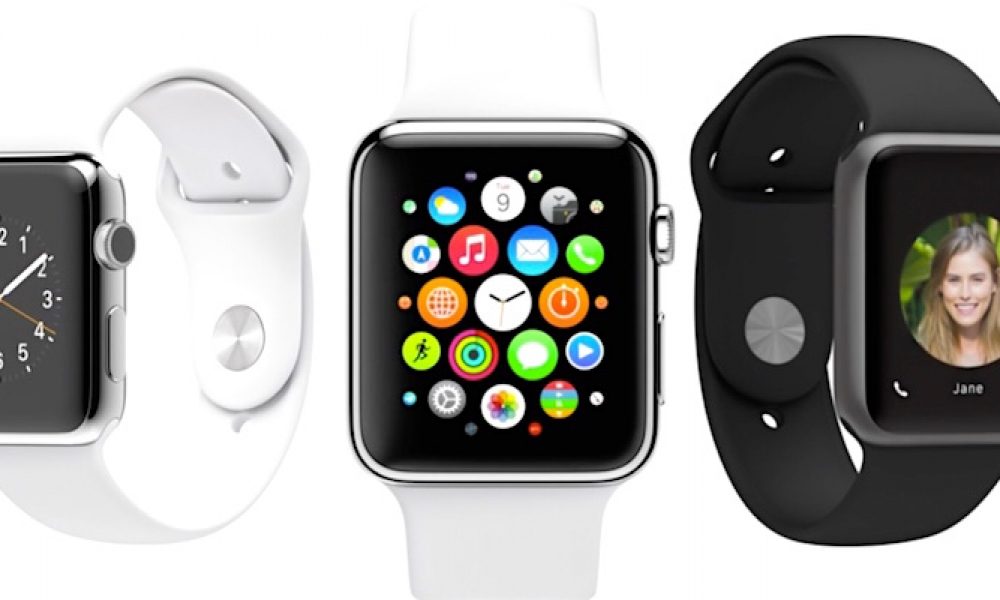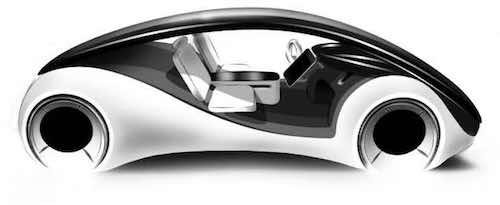Apple Surprisingly Spends Less Money on Research and Development than Google and Facebook

Toggle Dark Mode
According to a new report, Apple spent just 3.5 percent of its 2015 revenue — a paltry $8.1 billion — on research and development in the last 12 months, apparently far surpassing its fellow peers in the American tech landscape, such as Google and Facebook.
For comparison purposes, according to Bloomberg, Qualcomm and Facebook spent about 21 and 22 percent of their fiscal 2015 revenues on research and development, respectively. Even Alphabet, Google’s parent company, spent roughly 15 percent on R&D, focusing on a wide range of projects from web and mobile endeavors to self-driving cars and extending human life.
Self-driving vehicles require plenty of research and development funding
Surprisingly enough, Apple was actually the leader in 2015 by revenue, pulling in far more in gross cash than the other companies on the list. Apple took in about $233 billion in fiscal 2015, for instance; whereas, in comparison, Alphabet only took in about $66 billion.
According to Ram Mudambi, business professor at Temple University in Philadelphia, Pennsylvania, Apple’s reliance on advances from its supply chain partners has enabled he company to significantly leverage its budget over the years. The value of Apple’s contracts, said Mudambi, encourages suppliers to put forth their best technology year after year.
Apple’s 2015 R&D budget was actually up from $6 billion in 2014, and $4.5 billion in 2013. Presumably, some of the money went into various technologies like the Apple Watch and the company’s A9-series chips, as well as the more covert operations like the company’s self-driving car initiative.
On a separate though somewhat related note, Apple reportedly spent an additional $11.2 billion on “capital equipment,” such as manufacturing tools and the company’s new Cupertino-based “Spaceship” headquarters. And that number is only expected to reach or exceed $15 billion in 2016 as Apple’s car approaches an anticipated 2019 or 2020 launch date.







